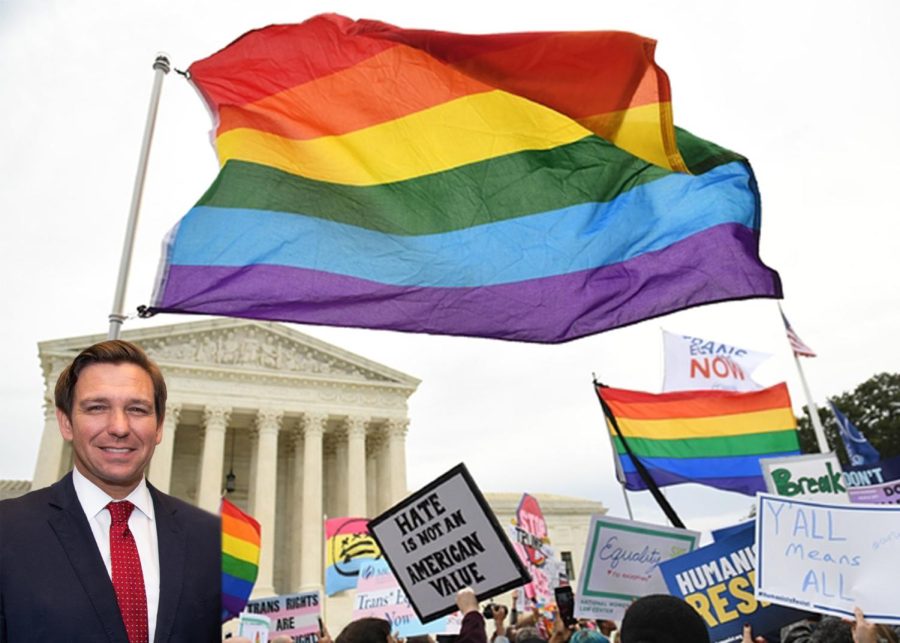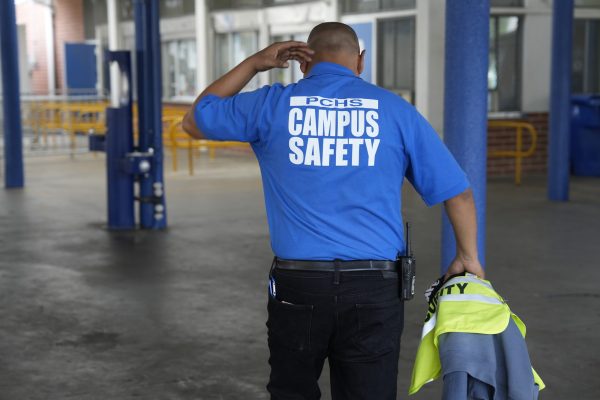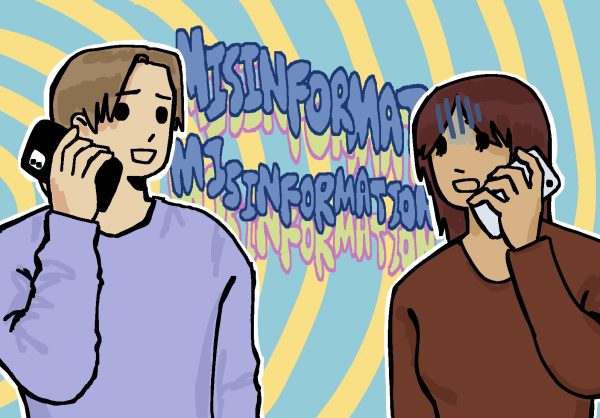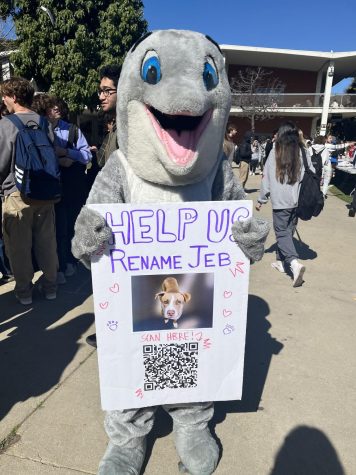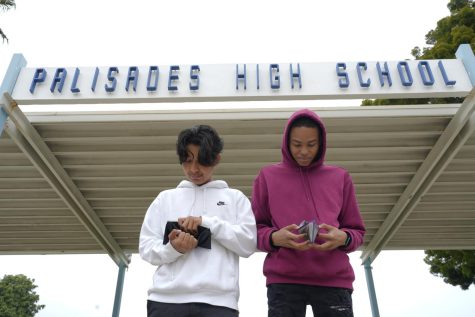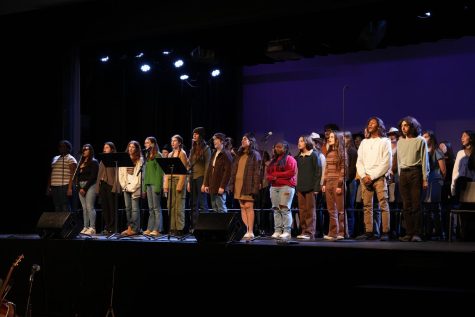Somewhere Over the Rainbow, It Will Be OK to Say Gay
Florida Governor Ron DeSantis passed “Parental Rights in Education” bill, dubbed the “Don’t Say Gay Bill,” on March 28. After the bill was signed, controversy spread nationwide, and Pali was no exception.
This law prohibits all discussion of sexual identity and orientation in schools from kindergarten to third grade in Florida, arguing that it is up to parents to decide what topics their children should and should not be permitted to learn.
Prior to signing the bill, DeSantis explained how he finds issue in the fact that schools are teaching students they can “be whatever they want to be,” noting that he thinks that it’s “inappropriate.”
“[Discussing sexual identity] is not something appropriate at any place, but certainly not in Florida,” he added.
DeSantis said that he believes that these topics are “sexualizing education and children” and claims that this bill is meant to give parents more control over their children’s education.
In the wake of the bill’s passing, numerous disputes have arisen; the main one being whether or not the bill is ethical.
“It’s truly appalling that someone in this position would try to erase [LGBTQ+] students,” Sam Spivak, president of Pali’s Transgender Awareness club, said. They think that this bill will work to ostracize LGBTQ+ students and make them feel as if the students’ identities are not acceptable.
“It’s such a violation… people putting their religious values onto minority groups is just so awful,” Henry Mueller, President of Pali’s Queer Student Union, said. “Just because you believe in [a religion] doesn’t mean you should restrict other people’s identities.”
Mueller said he believes that the “Don’t Say Gay Bill” will make LGBTQ+ students afraid to be themselves.
“[This law] is like a slap in the face,” he added.
Spivak, along with the rest of the Transgender Awareness Club, has been making an effort to include discussions of the bill into their meetings.
“We try to discuss [the bill] as much as possible and connect the club to broader issues around the world,” Spivak explained. “We encourage people to donate to organizations to try and stop [the bill].”
The Transgender Awareness Club meets every Thursday during lunch. During meetings, they have discussions, play games and watch videos. The club also hosts fundraisers and other activities in the quad.
“Our club is more activity based,” Spivak said. “We help queer students that want to get involved and that want to make a change on campus.”
This is precisely why Pali students sought to raise awareness of this issue.

Arik Kraft is a Junior and this his third year on Tideline staff. This year, he’ll work as Sports Editor and is so excited to help others improve their...


